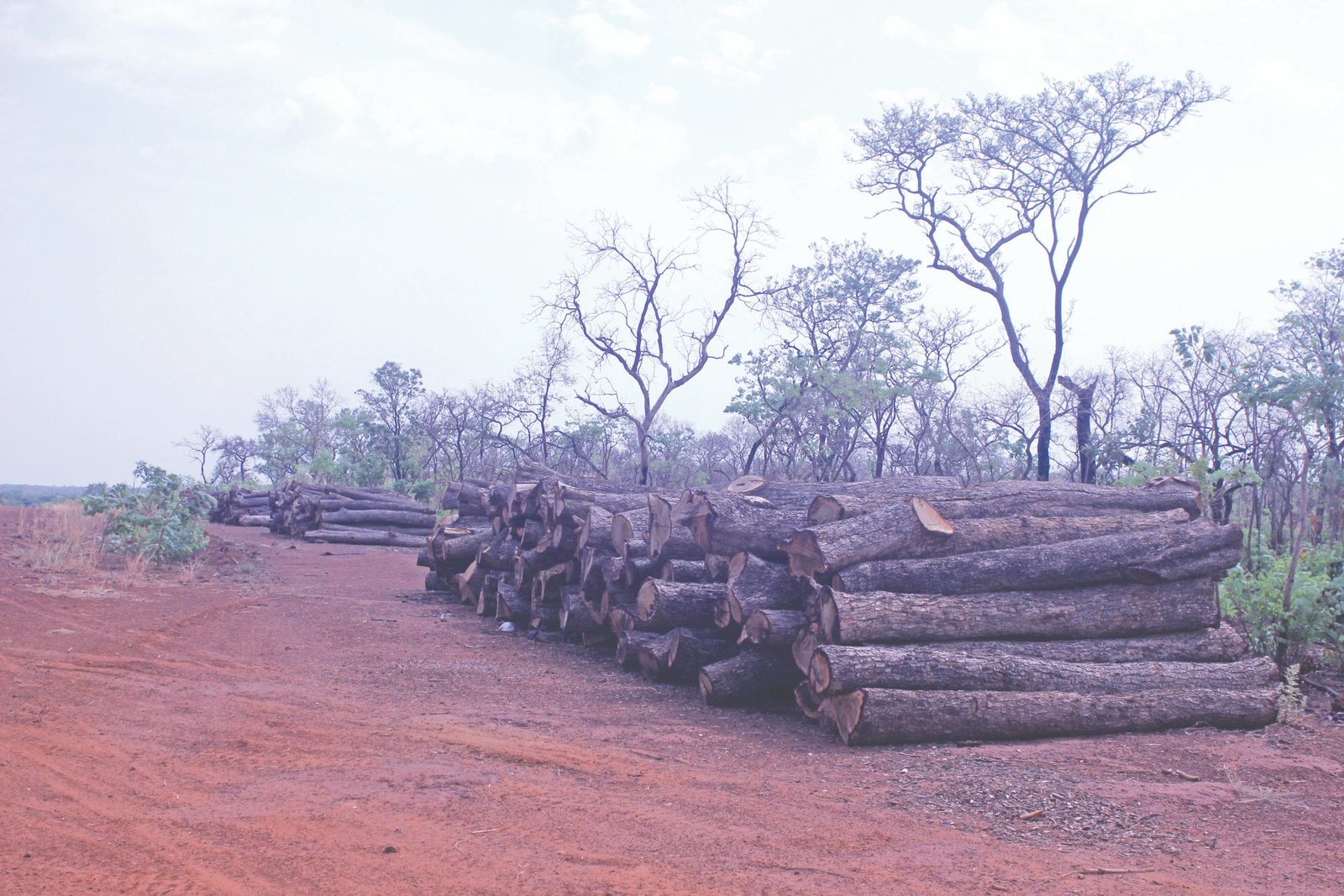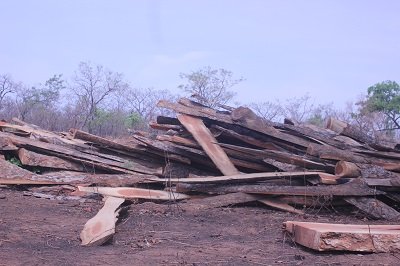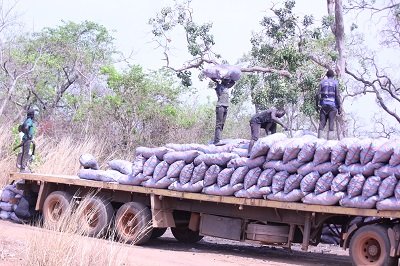News
World Environmental Day: …let’s support environmental restoration efforts

As the world marks Environmental Day today, June 5, 2021, we should focus our attention on some human activities that impact negatively on the environment and the need to reverse the trend and support initiatives meant to safeguard the vegetation.
This year’s celebration, themed ‘Ecosystem Restoration,’ would reinforce the essence of tree planting, cleaning up the environment, and preservation of water bodies, among other activities to help conserve the environment.
On Friday, June 11, the Green Ghana Initiative which would see to the planting of five million trees across the country would kick off. Its long term objective is to return the country’s landscape, which had been affected by illegal mining and lumbering and other human activities, to its past glory.

Apart from sanitation challenges the country is tackling, the impact of illegal lumber and indiscriminate felling of trees is rife in the Savannah Region, where there is an alarming rate of logging for charcoal production.
Some governmental and non-governmental organisations, in an attempt to halt the trend, had recommended a ban on commercial production of charcoal and suggested alternative sources of fuel for rural folks.
But it appears the practice would not stop anytime soon as economic trees such as shea and rosewood continue to be logged in large quantities for charcoal.
Trees and forests provide a myriad of ecological services such as water supply, maintaining soil fertility for purposes of agriculture, and serve also as habitat for animals and other living things.
It is for this reason that Mr. Yussif Abdul-Mumin, Chief Executive Officer of United Force for Development, a non-governmental organisation based in the Northern Region, has urged the citizens to “take deliberate steps to help heal the earth” on the occasion of World Environmental Day and beyond.
He agrees that the citizen’s effort towards environmental conservation through tree planting, especially in urban areas would, to a large extent, contribute to dealing with issues of climate change.
Pictures captured here by our photographer, Mr. Geoffrey Buta, stress the importance for all citizens to join global, regional and local environmental restoration efforts, to help prevent the loss of plant and animal species, enhance food and water supply, and help improve livelihoods.
By Geoffrey Buta
News
Man sentenced to 25 years for robbery at Manso Akwasiso

A 30-year-old man has been sentenced to 25 years imprisonment with hard labour by the Bekwai Circuit Court for his role in a 2022 robbery at a mining site at Manso Akwasiso in the Ashanti South Region.
The convict, Dominic Ofori, also known as Fanta, was arrested on 16th February 2026 after years on the run. He pleaded guilty before the Bekwai Circuit Court to robbery contrary to Section 149 of the Criminal Offences Act, 1960 Act 29, and was accordingly sentenced to 25 years imprisonment with hard labour.
On March 20, 2022, the Manso Adubia District Police received intelligence that a group of armed men from Manso Abodom were planning to attack a mining site at Manso Akwasiso to rob the owner of gold concentrate. Acting on the information, police mounted a coordinated operation and laid an ambush at the site.
At about 5:30 pm the same day, four-armed men arrived at the site, fired indiscriminately, and robbed the miners of their gold concentrate. The police team on surveillance intervened, resulting in an exchange of gunfire.
Three of the suspects, Abu Abubakar, Musah Latif, and Gideon Takyi, sustained gunshot wounds and were pronounced dead on arrival at St Martins Catholic Hospital at Agroyesum. Dominic Ofori escaped at the time but was later arrested and put before the court.
The Ashanti South Regional Police Command has assured the public of its continued commitment to combating violent crimes and bringing offenders to justice.
News
Ashanti police arrest man for publishing false news on TikTok

The Ashanti Regional Police Command has arrested 45-year-old Isaac Boafo, also known as “Duabo King,” for allegedly publishing false news intended to cause fear and panic.
Police said the arrest follows a viral TikTok video in which Boafo claimed that four officers at the Central Police Station in Kumasi engaged in inappropriate conduct with commercial sex workers during night patrols in Asafo.
Officers from the Police Intelligence Directorate (Ashanti Region) apprehended Boafo after receiving intelligence about the video.
During questioning, he admitted to creating the video to attract views and engagement online, and acknowledged that he could not prove the allegations.
Boafo also admitted making comments about the President of the Republic for content purposes and could not defend those statements.
He has been formally charged and is in detention as investigations continue.
The Ashanti Regional Police have warned the public against publishing or sharing false information on social media, noting that such acts can cause fear, panic, and damage reputations.
They said anyone found engaging in similar conduct will face legal action.
By: Jacob Aggrey







